Essential Japanese movies you should see
Japanese cinema offers a rich tapestry of stories, from profound dramas to groundbreaking animation and thrilling samurai epics. Dive into some of the most influential and beloved films from Japan that have captivated audiences worldwide.
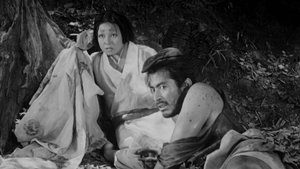


Japan has a cinematic history unlike any other, producing masters whose influence stretches across the globe. From the post-war humanism of Yasujiro Ozu to the action and character depth of Akira Kurosawa, and the unparalleled fantasy worlds created by Hayao Miyazaki and Studio Ghibli, Japanese film consistently pushes boundaries.
Beyond these giants, the country has delivered iconic anime that redefined the medium, chilling horror that gets under your skin, and thought-provoking dramas that explore the nuances of life and death. These films often delve into themes unique to Japanese culture and history, offering perspectives rarely seen in Western cinema. Preparing to watch these movies is not just entertainment; it's a journey through diverse storytelling and artistic innovation that continues to inspire filmmakers globally.
14. House (1977)
Prepare for a truly bizarre and surreal experience with Nobuhiko Obayashi's House (Hausu). This Japanese horror-comedy is unlike anything you've ever seen, following a schoolgirl who travels with her friends to her aunt's remote country home, only for them to be attacked by the house itself.
The film was made by a commercial director with input from his young daughter on what she found scary. This led to its incredibly unique, childlike, and often nonsensical approach to horror. It's a psychedelic ride filled with experimental visual effects, over-the-top gore, and a wildly unpredictable plot. House has gained a significant cult following for its sheer originality and audacious style, proving that horror can be both terrifying and completely bonkers.

13. The Wind Rises (2013)
Hayao Miyazaki's final feature film before his initial retirement, The Wind Rises , is a fictionalized biographical story of Jiro Horikoshi, the chief engineer of Japanese fighter planes during World War II. Unlike most Ghibli films, it's a historical drama aimed at a more mature audience.
The film is a visually stunning depiction of a man's passion for aviation and engineering, set against the backdrop of seismic historical shifts and personal challenges like Jiro's relationship with Nahoko. It explores themes of pursuing one's dreams, the consequences of technological advancement, and the beauty found even in difficult times. It's a poignant and visually rich conclusion to a legendary director's career.

12. Departures (2008)
Yōjirō Takita's Departures (Okuribito) is a tender and surprisingly moving film about a man who, after his orchestra disbands, finds work as an encoffiner – a person who ritually prepares the deceased for burial. This profession is often taboo in Japan, leading to social stigma.
The film won the Academy Award for Best Foreign Language Film, a significant achievement that brought attention to its sensitive portrayal of death, grief, and the dignity of labor. It's a beautifully filmed movie that explores themes of acceptance, family, and finding purpose in an unexpected place. It manages to be both somber and uplifting, finding beauty and humanity in a profession often hidden from view.
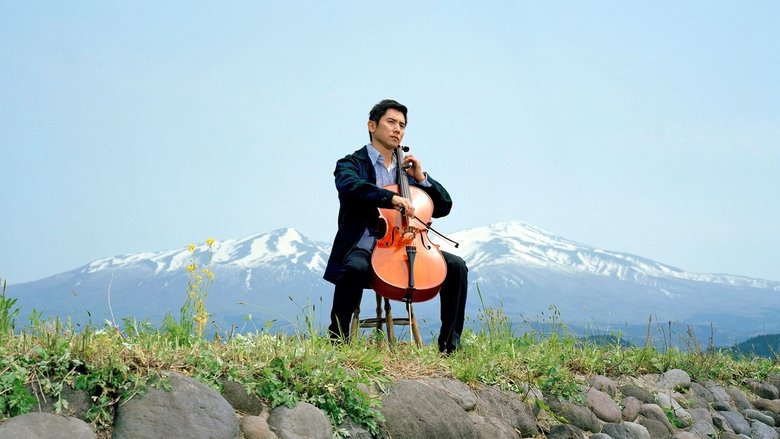
11. Battle Royale (2000)
Kinji Fukasaku's Battle Royale is a controversial and intense dystopian thriller that became a cult phenomenon. In a near-future Japan, a group of unruly high school students is sent to a deserted island and forced to fight each other to the death until only one survivor remains.
The film sparked significant debate upon its release due to its violent premise, particularly involving teenagers. Despite or perhaps because of the controversy, it gained a massive following and is seen as a precursor to later popular culture phenomena with similar survival game themes. It features memorable performances and doesn't shy away from the brutal implications of its premise, offering a dark commentary on societal pressures and authority.
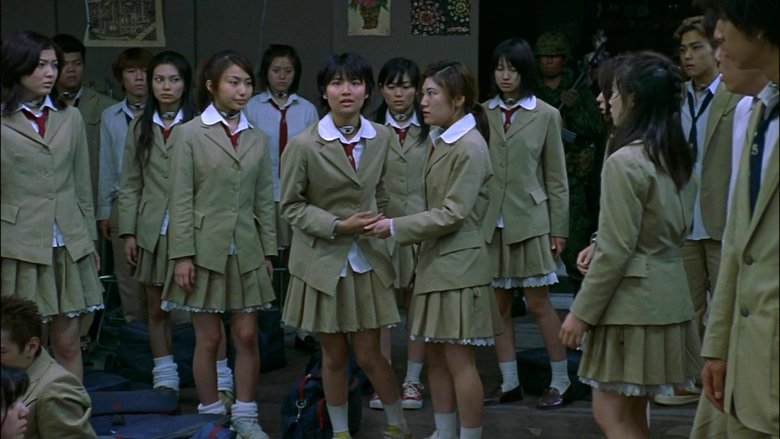
10. Lost in Translation (2003)
Sofia Coppola's Lost in Translation captures a unique feeling of disconnection and unexpected connection in the bustling city of Tokyo. It follows a jaded American actor and a young woman accompanying her photographer husband, who form an unlikely bond amidst their feelings of loneliness and cultural displacement.
The film is known for its atmospheric portrayal of Tokyo, capturing both the overwhelming scale and the quiet moments within it. Bill Murray and Scarlett Johansson deliver subtle and affecting performances, conveying much through quiet moments and shared glances. The film won an Academy Award for Best Original Screenplay and was praised for its nuanced exploration of themes like alienation, friendship, and cross-cultural experiences. It's a film that beautifully portrays the feeling of being a stranger in a strange land.
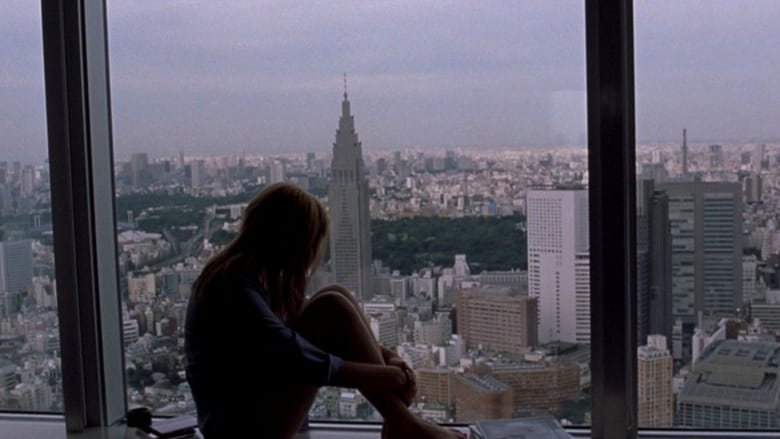
9. Yojimbo (1961)
Akira Kurosawa strikes again with Yojimbo , a stylish and darkly humorous samurai film that solidified the 'ronin' archetype in popular culture. Toshiro Mifune stars as a masterless samurai who drifts into a town run by competing crime lords and decides to play them against each other for his own gain.
This film's plot was famously (and controversially, initially) remade as Sergio Leone's spaghetti Western classic A Fistful of Dollars , starring Clint Eastwood. Kurosawa's film is notable for its tight plotting, iconic lead character, and blend of action and cynical wit. Mifune's performance as the world-weary but deadly samurai is captivating, making Yojimbo a foundational film for the lone wolf archetype seen in countless movies since.

8. Your Name. (2016)
Makoto Shinkai's Your Name. is a beautifully animated and emotionally resonant story that blends romance, fantasy, and disaster elements. It follows a high school girl in rural Japan and a high school boy in Tokyo who mysteriously swap bodies.
The film was a massive box office success, becoming one of the highest-grossing anime films of all time worldwide. It's praised for its stunning visuals, particularly the depiction of light and sky, and its compelling narrative that weaves together personal connection with the threat of a natural disaster. The catchy soundtrack by the band Radwimps also played a significant role in its popularity. It's a modern classic that captured the hearts of audiences globally.

7. Grave of the Fireflies (1988)
Prepare for a deeply moving and heartbreaking experience with Isao Takahata's Grave of the Fireflies . This Studio Ghibli film is a poignant and unflinching look at the devastating human cost of war, specifically depicting the struggles of two siblings trying to survive in Kobe during World War II.
Based on a semi-autobiographical novel, the film is renowned for its powerful emotional impact and realistic portrayal of hardship. Unlike many animated films, it's definitely not for children, dealing with mature themes of loss, starvation, and the breakdown of society. Despite its difficult subject matter, the film is beautifully animated and holds a powerful message about the importance of compassion and remembering history. It's often cited as one of the most powerful anti-war films ever made.

6. Princess Mononoke (1997)
Hayao Miyazaki's Princess Mononoke is an epic fantasy adventure that tackles complex themes of environmentalism, industrialization, and the conflict between humanity and nature. Set in a mythical ancient Japan, it follows a young prince cursed after defending his village, who becomes embroiled in a war between forest gods and a mining colony.
Miyazaki didn't want a simple hero vs. villain narrative; he aimed for a story where there is no absolute good or evil, showing the motivations and flaws on both sides. This nuanced approach, combined with breathtaking animation of both the natural world and fantastical creatures, makes for a powerful and visually spectacular film. It was Studio Ghibli's first major international hit, proving the global appeal of their artistry.

5. Akira (1988)
Dive into the cyberpunk chaos of Neo-Tokyo with Akira ! Katsuhiro Otomo's animated sci-fi epic is a landmark film, not just in anime, but in animation history itself. Set in a dystopian future, it follows a biker gang leader whose friend gains destructive telekinetic powers after a mysterious accident.
The animation quality in Akira was revolutionary for its time, featuring incredibly fluid motion and detailed backgrounds. The film's production famously used 327 colors, more than usual for animation then, and groundbreaking techniques for depicting light and shadow. Its themes of governmental corruption, social unrest, and the dangers of unchecked power are still incredibly relevant. Akira had a massive impact on Western pop culture and remains a visually stunning and thought-provoking ride.
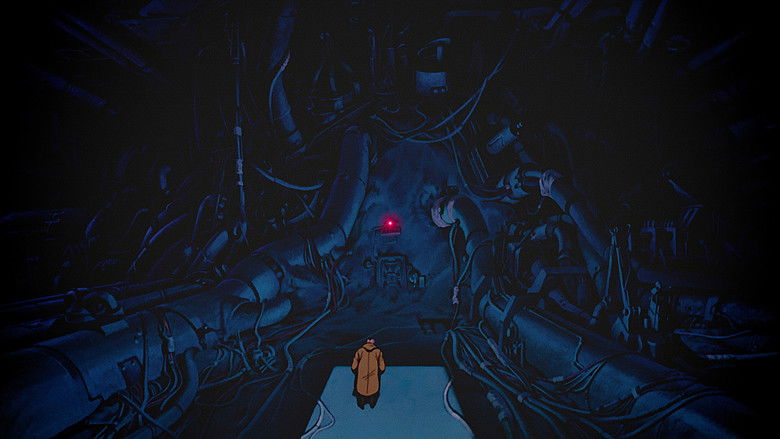
4. Tokyo Story (1953)
Yasujirō Ozu's Tokyo Story is a quietly devastating masterpiece that explores the complexities of family life and generational change in post-war Japan. It follows an aging couple who travel to Tokyo to visit their children, only to find them too busy to spend much time with them.
Ozu's distinctive style, including his famous "tatami shots" (camera placed low to the ground, as if observing from a seated position) and his use of transitional shots of static locations, creates a contemplative and deeply human atmosphere. The film is renowned for its subtle emotional power and realistic portrayal of everyday life and inevitable loneliness. It's a profound and moving experience, considered by many critics to be one of the greatest films ever made.

3. Rashomon (1950)
Get ready for a cinematic puzzle with Akira Kurosawa's groundbreaking Rashomon . This film is a masterclass in storytelling, presenting four conflicting accounts of a samurai's murder and the rape of his wife. It leaves the audience questioning the nature of truth and perception.
The film's structure was so innovative and influential that the term "Rashomon effect" was coined to describe situations where multiple witnesses give contradictory accounts of the same event. It won the Golden Lion at the Venice Film Festival and an honorary Academy Award, bringing Japanese cinema to global attention in a major way. The performances are intense, particularly Toshiro Mifune as the bandit Tajōmaru. It's a relatively short film but one that sparks endless discussion and contemplation.

2. Seven Samurai (1954)
Akira Kurosawa's Seven Samurai is an absolute titan of cinema, a film that has influenced countless others across genres. Set in 16th-century Japan, it tells the epic story of a poor village that hires seven masterless samurai to protect them from bandits. At over three hours long, it's an investment, but one that pays off immensely with incredible characters, thrilling action, and profound themes.
It's fascinating to note how this film's structure – assembling a team of disparate experts for a mission – became a blueprint for countless action and heist films, most notably the Western classic The Magnificent Seven , which is a direct remake. Toshiro Mifune delivers an electrifying performance as Kikuchiyo, the wild, energetic samurai. The film's blend of action, drama, and character study is unparalleled, solidifying its place as one of the greatest films ever made.

1. Spirited Away (2001)
Prepare to be utterly enchanted by Spirited Away ! Hayao Miyazaki's masterpiece is a breathtaking journey into a fantastical spirit world. This isn't just an animated film; it's a portal to another dimension, filled with incredible creatures, stunning visuals, and a story about growing up that resonates deeply.
Did you know that Miyazaki based the bathhouse in the film on a real-life building? It's said to be inspired by the Dōgo Onsen in Matsuyama! The film's success was monumental, becoming the highest-grossing film in Japanese history for a time and winning the Academy Award for Best Animated Feature, a rare feat for a non-English language film. Chihiro's transformation from a scared girl to a courageous young woman is genuinely inspiring, set against a backdrop of unparalleled creativity. It's a must-watch that stays with you long after the credits roll.

